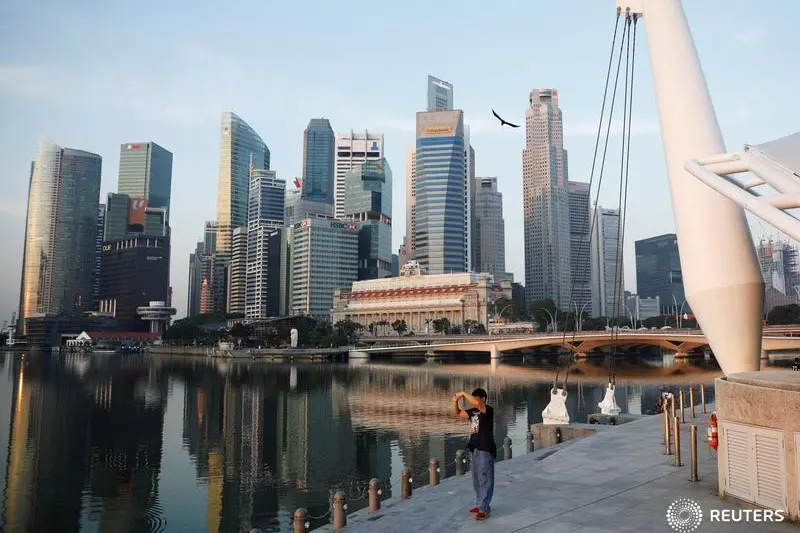PHOTO
STRASBOURG - EU lawmakers approved on Wednesday the start of a free trade agreement with Singapore, reflecting the EU's deeper push for open market accords with higher-growth Asian countries.
About two-thirds of the European Parliament's members voted in favour of the free trade accord, which could be launched in a few months, as well as a related agreement on how to settle disputes between foreign investors and states.
The pact has been nine years in the making. Negotiations ended in 2014, but as protests mounted against other trade accords - notably one planned with the United States - the pact ended up being sent to the European Court of Justice for review.
The court ruling resulted in the accord being split in two: the free trade part and the separate investment-protection deal, which will still need ratification from national parliaments.
The free trade pact will follow a larger deal the EU launched at the start of February with Japan and will be the EU's first with a member of the 10-country Association of Southeast Asian Nations (ASEAN).
The EU, which also has a deal with South Korea, remains interested in a trade deal with ASEAN as a whole, after talks were shelved in 2009. In the meantime, the EU has concluded an agreement with Vietnam, is in negotiations with Indonesia and has held talks with three other ASEAN members.
"This is the European Union's first bilateral trade agreement with a Southeast Asian country, a building block towards a closer relationship between Europe and one of the most dynamic regions in the world," European Commission president Jean-Claude Juncker said in a statement.
The European Union is Singapore's second-biggest trading partner for goods and largest for services. For the EU, Singapore ranks 14th among trading partners for goods and fourth for services.
More than 10,000 EU-based companies already use Singapore as a hub for Southeast Asia.
The deal will lead to the removal of EU tariffs on Singaporean goods within five years and remove Singapore's few customs duties for EU exports, such as for beer. It will see recognition in Singapore of EU standards and safety tests in electronics, pharmaceuticals or car parts.
It will open up Singapore service sectors such as transport and telecoms to European businesses, who will also get better access to contracts to supply the Singapore government worth 20 billion euros ($22.6 billion) per year.
A EU commissioned study has estimated a benefit for the EU economy of 550 million euros over 10 years. ($1 = 0.8832 euros)
(Reporting by Philip Blenkinsop; Editing by Hugh Lawson) ((philip.blenkinsop@thomsonreuters.com; +32 2 287 6838; Reuters Messaging: philip.blenkinsop.thomsonreuters.com@reuters.net))





















